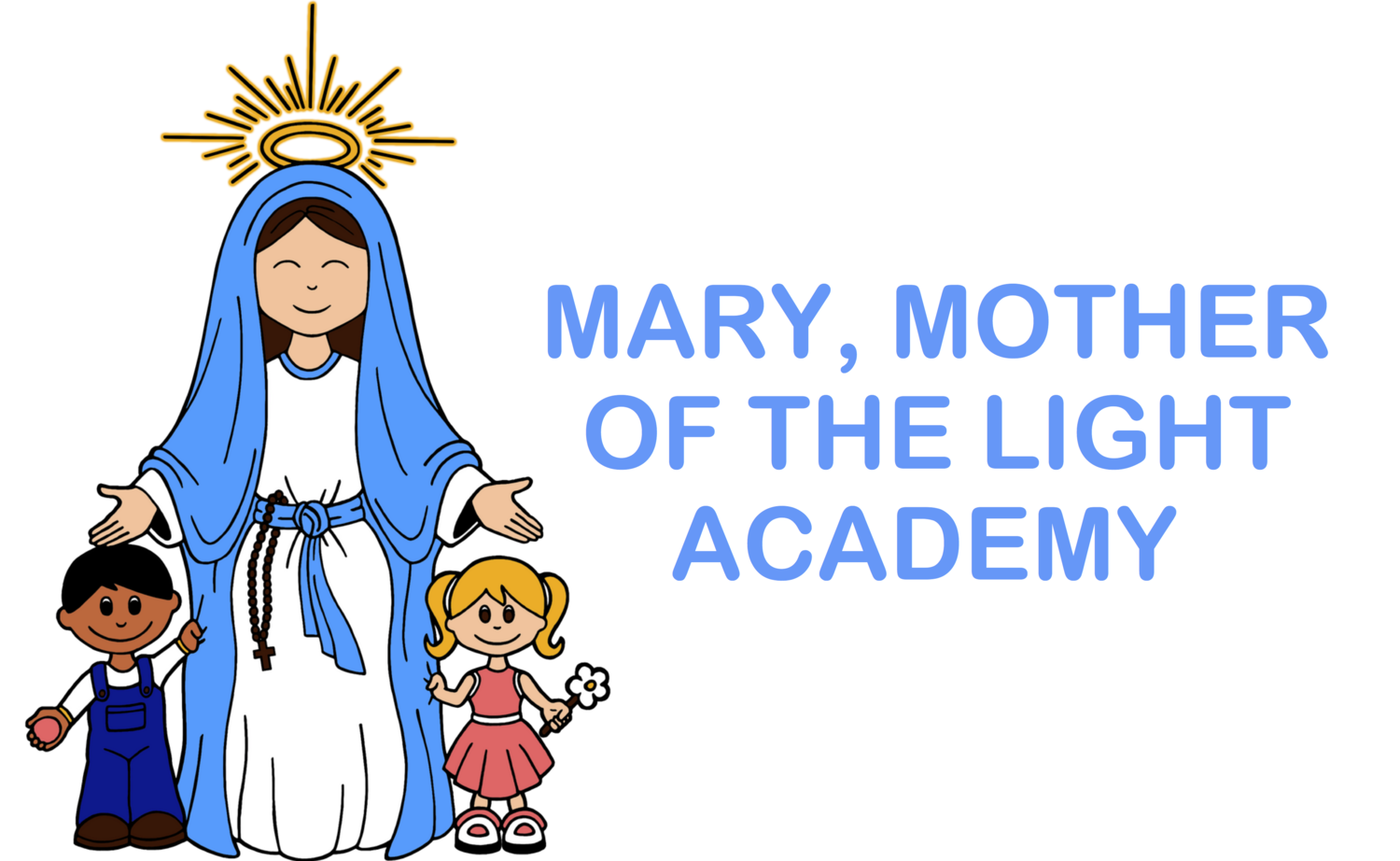What’s Mine is Mine and What’s Yours is Mine!
/There comes a point in every toddler’s life where everything becomes theirs for the taking…or at least that’s what they seem to think. The words “no” and “mine” become a parent’s all-to-familiar soundtrack that seems to be interminable. Just like a one hit wonder, the toddler possessive phase seems to come out of nowhere and disappears without warning never to be heard from again. Why? What causes this stage and what does it all even mean?
Fortunately for parents, this possessive phase is actually a sign of development. It means a child is becoming smarter and more understanding of abstract concepts like ownership. Susan Gelman, Ph.D., a developmental psychologist at the University of Michigan in Ann Arbor explains that research indicates children between the ages of two and four tend to believe that the person who possesses an object first is the owner of that object hence forth. Thus, “I had it first!”
Potentially even more important for parents to understand is that it is during this possessive phase that a toddler begins to understand they are a person who bares the right to own something. It’s a sense of self in a way that toddlers like to compare ownership of objects against the ownership of other objects.
Additional research has also shown that toddlers link value and ownership directly because, in their minds, what’s mine must be more valuable because I own it.
As parents, it is important to navigate the possessive phase carefully. Be clear and define ownership as much as you possibly need to. Your toddler will understand the ownership guidelines and begin to understand what classifies true ownership. You must be concise and explicit. Remember, toddlers are figuring out the world as they go. If your toddler is fighting with another toddler about toy ownership it is important to be honest and clear when defining whose toy is in question. Sharing may be the next best lesson to teach if the situation presents itself.
The worst possible thing a parent can do is take the backseat to development and let their toddler think everything is theirs and that sharing isn’t important. If this phase is ignored, it’s possible your toddler may begin to develop a sense of narcissism and superiority that just ain’t cute!

